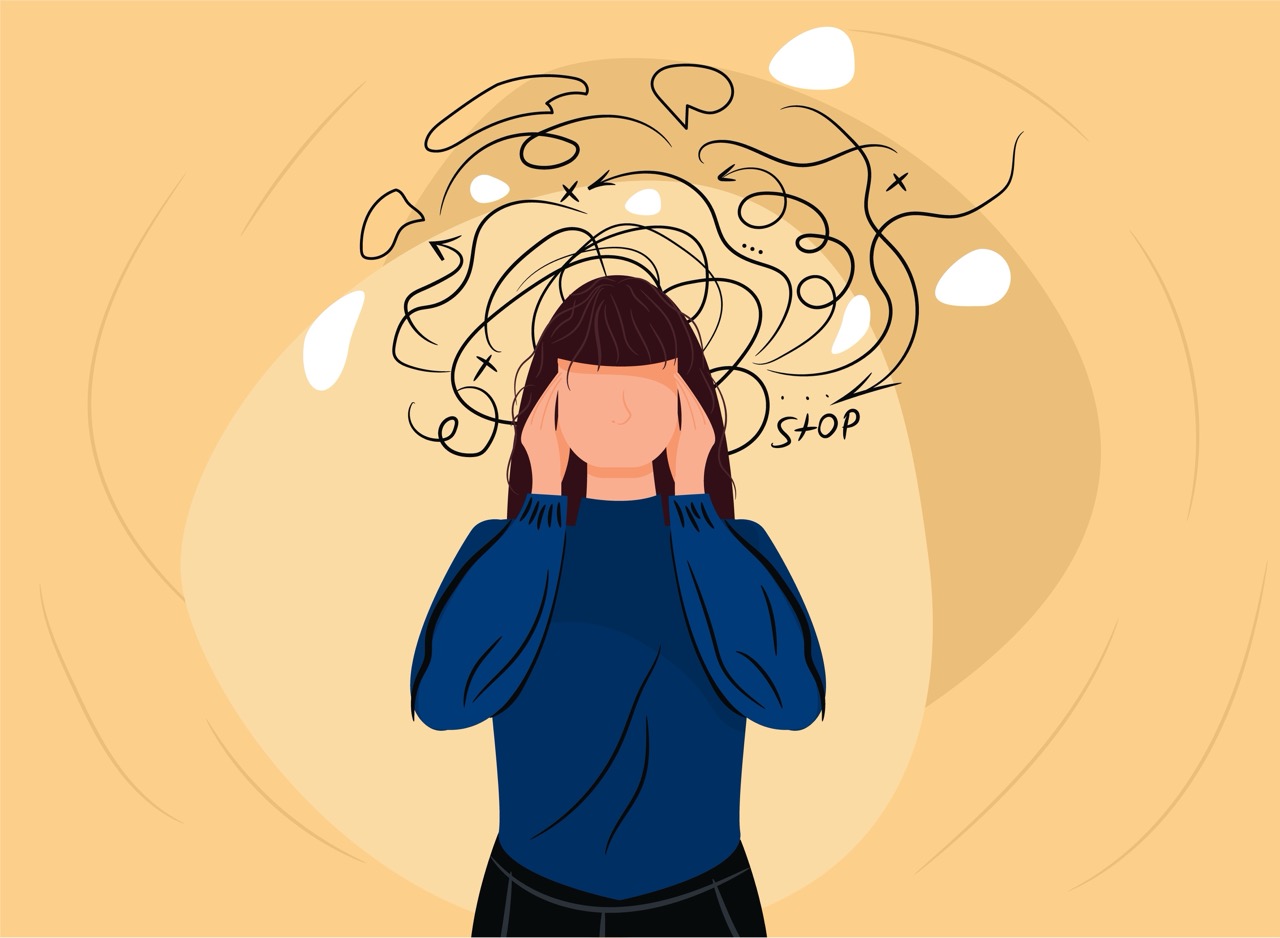New Research Reveals How Stress Contributes to Migraine Attacks – And New Treatments Offer Hope

Introduction: The Stress–Migraine Connection
Stress is one of the most common factors that contributes to migraine attacks. Many people notice that during hectic weeks or after emotional upsets, head pain soon follows. But why does stress lead to migraine attacks? A 2024 study published in The Journal of Headache and Pain has identified a potential key player: a molecule called PACAP (pituitary adenylate cyclase-activating polypeptide). This discovery not only explains why stress can play a role in migraine attacks, but also points to promising new therapies.
PACAP: A “Missing Link” in Migraine Science
PACAP is a naturally occurring protein in our nervous system that helps cells communicate, especially during stress responses. It influences blood vessels, immune cells, and pain pathways.
Research shows:
- PACAP levels rise during migraine attacks (source)
- PACAP can bring on migraine attacks when administered in clinical studies
- PACAP is found in nerve pathways that carry migraine pain signals
How Stress and PACAP Connect

The 2024 study found that stress sets off a chain reaction:
- Stress causes a temporary rise in PACAP levels in the bloodstream.
- PACAP activates immune cells in the brain’s protective layers, called mast cells.
- Mast cells release chemicals that activate the trigeminal nerve — the nerve pathway that carries head pain.
- This sequence increases the likelihood of a migraine attack.
When PACAP’s ability to activate mast cells was blocked, migraine-like pain did not develop in the animal models.
The Lundbeck PACAP-Blocking Drug
Lundbeck is developing Lu AG09222, a monoclonal antibody that binds to PACAP and neutralizes it before it can initiate this process.
In early clinical trials:
- The highest dose reduced monthly migraine days more than placebo (source)
- The treatment was generally well tolerated
- Benefits appeared after a single infusion
Lu AG09222 is now in Phase 3 clinical trials.
Haven’s Commitment to Leading-Edge Care
At Haven Headache & Migraine Center, we:
- Identify and address factors that contribute to migraine attacks, including stress
- Offer the most up-to-date preventive and acute treatments
- Monitor emerging treatments like PACAP-blocking medications and integrate them when available
Looking Ahead
PACAP research marks a major step toward targeted, effective migraine care. If stress often plays a role in your migraine attacks, we can help you manage them now and prepare for the next generation of treatments.
Book a consultation with a Haven specialist


